Stakes raised in Libyan dispute as EU roped in
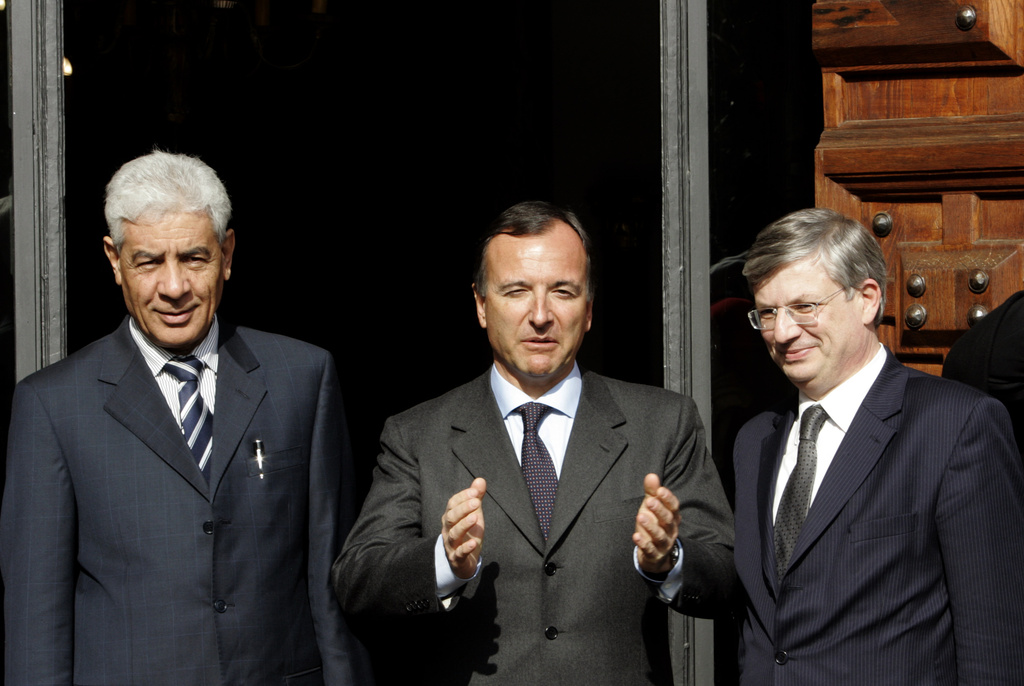
With Schengen zone nationals being turned away at Tripoli, a dispute between Switzerland and Libya has progressed from a bilateral problem to a Europe-wide headache.
The Libyan move has sparked a flurry of diplomatic activity to tackle the crisis, including a meeting of Schengen ministers and talks between the Italian foreign minister and his Libyan counterpart.
Franco Frattini, whose country is dependent on Libya to stem the flow of illegal immigrants entering Italian waters, met on Wednesday with Libya’s Mousa Kousa and Malta’s Tonio Borg and held separate talks with Swiss Foreign Minister Micheline Calmy-Rey.
“We are optimistic. We hope we will soon come to a solution,” a spokesman for the Italian foreign ministry said after the meeting.
Libya has stopped issuing entry visas to citizens of nations in the Schengen zone, seemingly in response to claims Switzerland has blacklisted 188 top Libyan officials, a move that effectively bars them from gaining Schengen visas.
Frattini said Libya was willing to reach a deal if Switzerland would drop the blacklist, and Bern would negotiate if Tripoli freed two Swiss being held in the north African country.
The Swiss cabinet discussed the situation on Wednesday and decided to pursue what it describes as its “restrictive visa policy” towards Libya.
The Swiss foreign ministry stated that it had “always attempted” to find a diplomatic solution to the dispute, and “the EU knows that”. Calmy-Rey is due to meet her Libyan counterpart on Thursday in Spain.
Also on Thursday, a committee of Schengen ambassadors is scheduled to meet and discuss the issue, while Spain, which holds the EU presidency, is in contact with Libyan authorities through the Spanish embassy in Tripoli.
Despite early reassuring signals from Brussels, European countries with closest ties to Libya – Italy in particular – have harshly criticised Switzerland for dragging them into the row.
“The Swiss government has put them [Libyan officials] on the Schengen blacklist. By acting in this way, Switzerland has taken hostage the other countries of the Schengen zone,” Frattini told La Stampa newspaper.
Turned away
Late last week, Libya began turning away travellers with passports from Europe’s Schengen zone, including Italians, French and Portuguese who all held valid visas.
The European Commission said Tripoli’s entry ban was disproportionate. It is working diplomatic channels to reach a deal.
The new restrictions have not been evenly applied, with some Schengen nationals, including a plane full of Germans on Tuesday, entering the country unchallenged.
Britons were allowed in as they are not part of the 25-nation bloc, although two Irish men – also from outside the Schengen zone were detained at Tripoli airport on Monday.
The Libyan government gave no confirmation or explanation of why travellers were being turned away.
Escalation
At the centre of the diplomatic dispute are two Swiss businessmen who have been prevented from leaving Libya since July 2008.
Relations between Bern and Tripoli have been fraught since the arrest of Libyan leader Moammar Gaddafi’s son Hannibal and his pregnant wife in Geneva in 2008 for allegedly abusing their staff. Tripoli responded to the arrests by shutting down Swiss businesses in Libya, withdrawing assets and charging the two Swiss nationals with visa and business violations.
One of the men has been cleared of the charges, but the other, Max Göldi, was sentenced to four months in jail. Their lawyer says Libya is still waiting for Switzerland to take action against those in the Geneva police responsible for the “illegal procedures” in the Gaddafi arrest.
Apologies delivered last year by Swiss President Hans-Rudolf Merz made no discernible impact on the Libyan position.
Blacklist
Last June, seeking to step up pressure on Libya, Switzerland began requesting “consultations” over Schengen visas requests by Libyans to other member states. That way Switzerland could legally oppose visas for Libyans across much of Europe, even if they had no intention of coming to Switzerland.
The Gaddafi clan complained of European solidarity with Switzerland. Brussels said it had no choice but to adhere to the law.
In November, the Swiss government began swinging another hammer: in accordance with Schengen laws, Switzerland introduced into a common database details of Libyan nationals deemed undesirable in Switzerland on “public order” grounds. Member states cannot oppose such a step.
A Libyan pinned on that list could not apply for a Schengen visa. The only way around it: apply for national visas for each country individually.
Tripoli has grown increasingly irritated at the measures, especially since a member of the Gaddafi clan was banned from attending the World Economic Forum in Davos this year. Other top Libyans would not be allowed to go to a Berlin film festival as they often do.
Switzerland has not confirmed the existence of such a blacklist, but meanwhile Jacques de Watteville, Swiss ambassador to the EU, says Switzerland had rejected just 270 applications for Schengen visas out of 30,000, less than one per cent.
With Brussels now involved, Bern, for the moment, seems to have a few friends watching its back. But the strategy is not without risk, since Rome’s push for better relationships with Tripoli is a common wish in many European capitals.
swissinfo.ch and agencies (With input from Alain Franco in Brussels)
July 15, 2008: Hannibal Gaddafi and his wife Aline are arrested in Geneva over allegedly mistreating two servants, and are charged with inflicting physical injuries against them. The Gaddafis are released on bail and leave Switzerland. The servants are later compensated and charges withdrawn.
July: Two Swiss nationals are arrested in Libya. Swiss businesses are forced to close their offices and the number of Swiss flights to Tripoli is cut.
January 2009: A diplomatic delegation travels to Tripoli.
April: Hannibal and his wife, along with the Libyan state, file a civil lawsuit against the Geneva authorities.
May: Swiss foreign minister visits Libya
June: Libya withdraws most assets from Swiss bank accounts.
August: The Swiss president apologises in Tripoli for the arrest.
September: Two Swiss nationals cannot leave the country, despite a promise made to President Hans-Rudolf Merz that they will be freed by September 1.They disappear after undergoing a medical check-up in Tripoli.
October: A 60-day limit for normalising relations between Switzerland and Libya passes with no sign of the two Swiss hostages.
November: Swiss ministers suspend treaty seeking to normalise relations with Tripoli and say they will pursue visa restrictions for Libyans.
December: Two Swiss nationals sentenced to 16 months in prison and fined for visa violations. Their terms are later overturned and cut during appeals.
February 14, 2010: A Libyan newspaper reports Switzerland has drawn up a blacklist of 188 top Libyan officials being denied entry to the country.
February 15: A Tripoli airport official says Libya has stopped issuing visas to citizens of nations in the Schengen zone, a measure the European Union later confirms has taken place.

In compliance with the JTI standards
More: SWI swissinfo.ch certified by the Journalism Trust Initiative
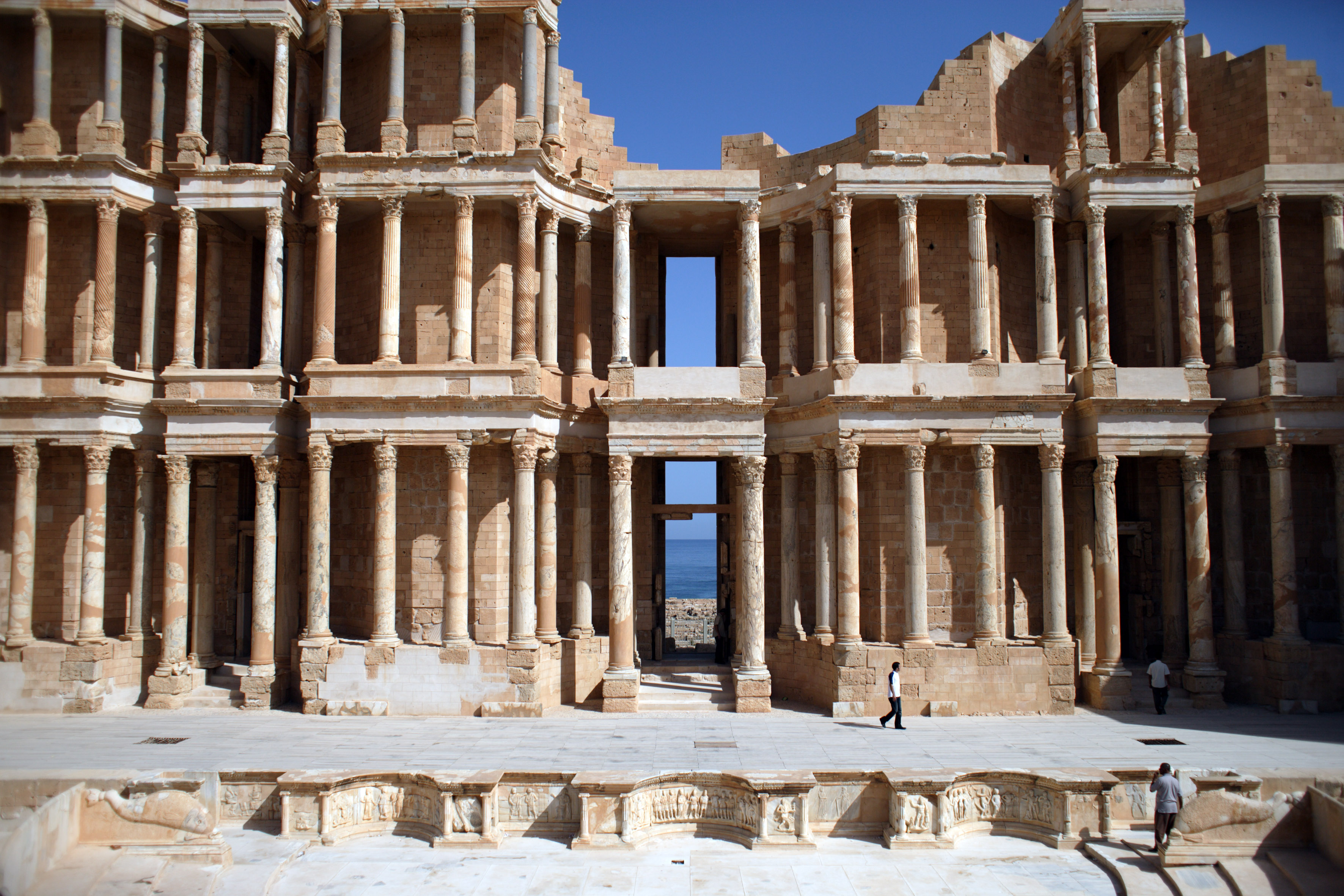
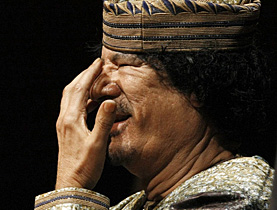
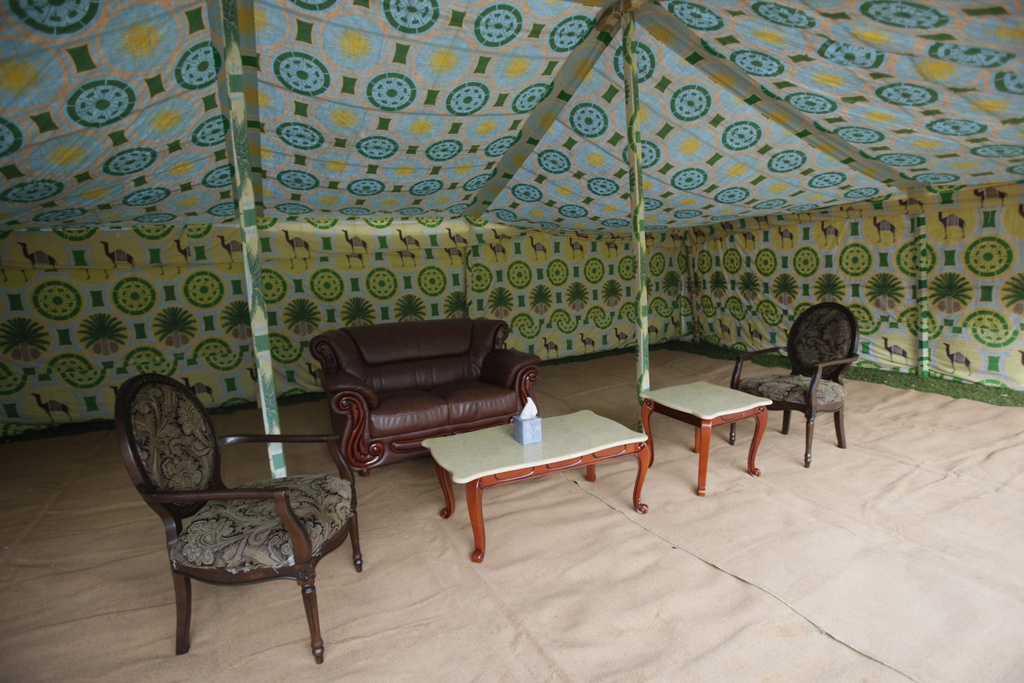
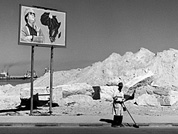
You can find an overview of ongoing debates with our journalists here. Please join us!
If you want to start a conversation about a topic raised in this article or want to report factual errors, email us at english@swissinfo.ch.